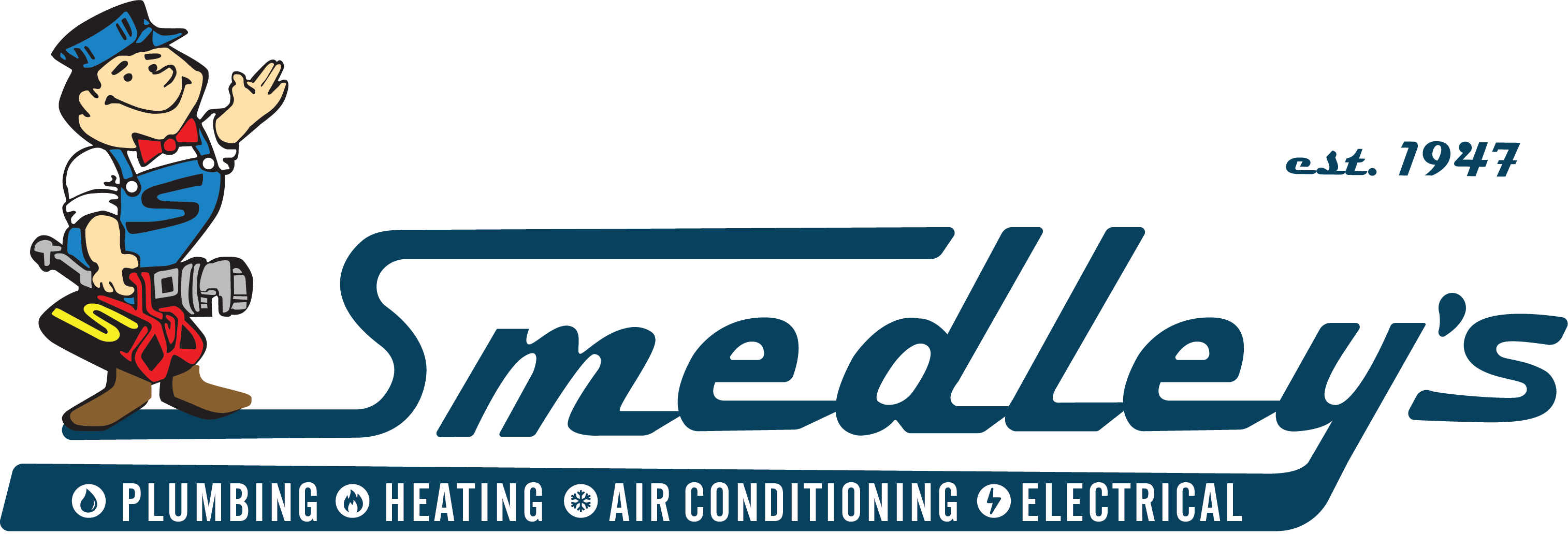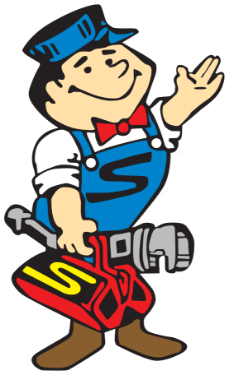
Each season brings unique indoor air quality challenges. Our behaviors also change with the seasons. They can increase our exposure to IAQ issues and even cause or exacerbate those problems. Let’s explore the effect winter has on your home’s air.
Relative Humidity
The air we breathe contains water vapor, which is necessary for human health. However, if the water content is too high or too low, it can have a negative effect on comfort, breathing, and overall health. The air can hold more or less moisture depending on how hot or cold it is. We call this relative humidity (RH). Experts encourage people to maintain an RH of 30% or above in winter, but that can be tough to do.
Dry Winter Air and the Heating Effect
Winter air is naturally drier because it can’t hold as much water vapor. Forced-air heating systems can greatly increase that dryness. This is especially true if the system is in a recirculation mode and not drawing in fresh air. Even if it is, it’s still a problem. The system is heating air that has very little moisture in it. That air can now absorb a great deal of moisture and take it from your skin, eyes, and respiratory system.
Humidification
The solution to this problem is a humidifier. It will add water vapor to the warmer air to avoid drawing moisture from other sources. The cheapest option is a portable humidifier. The downside to a portable unit is that it works only in its immediate space and requires inconvenient maintenance. A furnace humidifier or other whole-home humidification system is a better solution. It will provide your ideal RH throughout your home. Your system will also get all the water it needs from your home’s plumbing and generally require maintenance only once a year.
Ventilation
Another issue with air quality is ventilation. In an enclosed space, air becomes stale over time. Ventilation is how your home exhausts stale air and draws in fresh air. You can’t just open some windows in winter as you can in summer. Further worsening the issue are the tight building envelopes modern houses have to improve energy efficiency. They all but eliminate the natural ventilation found in older homes. Many households rely exclusively on their heating systems for ventilation in winter, and it often isn’t enough.
Ductwork
Most Americans heat their homes with centralized heating systems. These systems distribute heat through ductwork, and those ducts can be a problem as well. Heating losses can be between 20% and 40% in homes with duct problems. The other issue with heating leakage is that it introduces potentially polluted air from outside your living space. Several corrective solutions are available, including duct repairs, sealing, and cleaning.
Whole-House Fans
A whole-house fan effectively introduces fresh air into the home and lowers pollutant concentration levels. While you can’t run standard whole-house fans in winter, as it will undermine your heating, there are systems you can run. One option is a heating recovery ventilator (HRV). An HRV extracts heat from stale air before exhausting it and uses it to preheat the fresh air it draws in. An alternative is an energy recovery ventilator (ERV). An ERV functions like an HRV but also extracts moisture and adds it to the heated air. This feature can eliminate the need for a dedicated humidifier.
Indoor Air Pollution
Poor ventilation worsens indoor air pollution but doesn’t cause it. People spend more time and are more active in their homes during winter, which can lead to inadvertently introducing pollutants and contaminants. Particulates, gases, and chemicals also get into your home from the outside. Many people think of outdoor air pollution as a summertime problem, but it’s often worse in winter. This is due to air stagnation, temperature inversion, and more homes and businesses burning fossil fuels.
Regular HVAC Filter Changes
Your HVAC system won’t cause IAQ issues in winter, but it can worsen them. Schedule a heating tune-up in the fall before you need heating. During that appointment, we’ll clean your heating system thoroughly. Dust your home often to keep as much as possible out of the HVAC system. Opt for the highest minimum efficiency reporting value (MERV) rating your system supports. A MERV-13 HVAC filter will remove at least 90% of the dust and other household allergens that pass through it. Check your filter at least once a month and replace it as necessary.
Whole-House Air Purification
For even more effective air purification, consider a whole-house air purifier that we can install directly into your existing HVAC system. This can remove most of the pollution that gets in from the outside. There are many different types of systems. Traditional air purifiers have a mechanical filter, such as a high-efficiency particulate air filter, and activated charcoal. Their HEPA filters trap at least 99.97% of particulate matter, while their charcoal freshens the air and absorbs gases and chemicals.
Fuel-Burning Heating Systems
Another reason to schedule heating tune-ups is the risk of carbon monoxide poisoning. Many people heat their homes with fuel-burning systems, which create toxic gases as a byproduct. Malfunctioning and improperly vented systems can result in those gases mixing with your air supply.
Respiratory Inflammation
Humidity is important for human health because it effectively lubricates our respiratory system. That includes your nose, mouth, throat, and lungs. When the air is drier, your respiratory system is, too. That makes it more prone to irritation. That irritation can lead to inflammation, which is your body’s response to an irritant. Respiratory inflammation can cause a wide range of short-term health effects. It can also seriously affect your health over the long term.
Increased Risk of Illness
Respiratory inflammation makes you more prone to infections. In winter, many bacteria, viruses, and other germs in your home can cause infection. One way to combat this is by maintaining an optimal RH. Another is by lowering the presence of pathogens in the home. To do this, we recommend installing a UV lamp in your ducts.
Heightened Allergy Symptoms
Many people associate allergies with the spring and summer, but there are fall and winter allergies, too. Those include allergies caused by ragweed and mold. Air filtration is the most effective way to combat these issues. Upgrade your HVAC filter if possible. Consider an air purifier with at least a MERV 13 filter or, ideally, a HEPA filter.
Enhance Your IAQ in Winter
Smedley Service has been helping homeowners throughout Layton, UT and the surrounding areas breathe easier for over 45 years. Our NATE-certified HVAC technicians and our licensed plumbers perform inspections, maintenance, repairs, and installations. Our technicians work with furnaces, boilers, heat pumps, air conditioners, and ductless mini-splits. We perform indoor air quality testing and specialize in ventilation, air purification, and humidity control. Our plumbers install and repair gas, water, and sewer pipes and specialize in drain cleaning and leak detection. We also install and service tank water heaters, tankless water heaters, and water softeners.
If you have questions or would like to schedule an appointment for AC maintenance, contact Smedley Service today.




